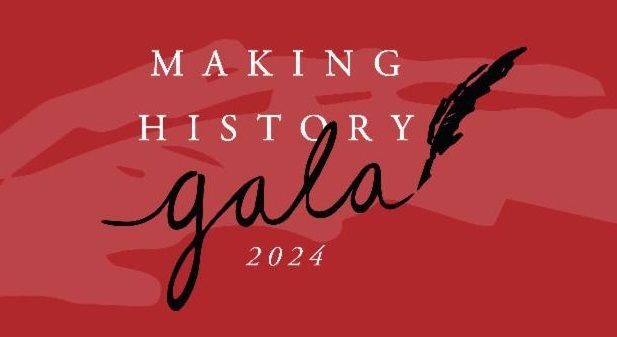Making History Gala

MHS Event
Featuring American Historian and Author Doris Kearns Goodwin
This special event is in person at the Fairmont Copley Plaza, 138 St. James Ave., Boston.
Purchase tickets here.
Join us for an unforgettable evening at the Making History Gala. Following a cocktail reception, guests will enjoy a delightful three-course dinner and an engaging speaking program with featured speaker Doris Kearns Goodwin.
Tickets and sponsorships are available now. Secure your spot to be part of this historic event and stay up to date with all the latest details at masshist.org/gala.
Your support will contribute to the MHS’s mission of preserving and sharing our rich historical legacy. Let’s make history together at the Making History Gala!
